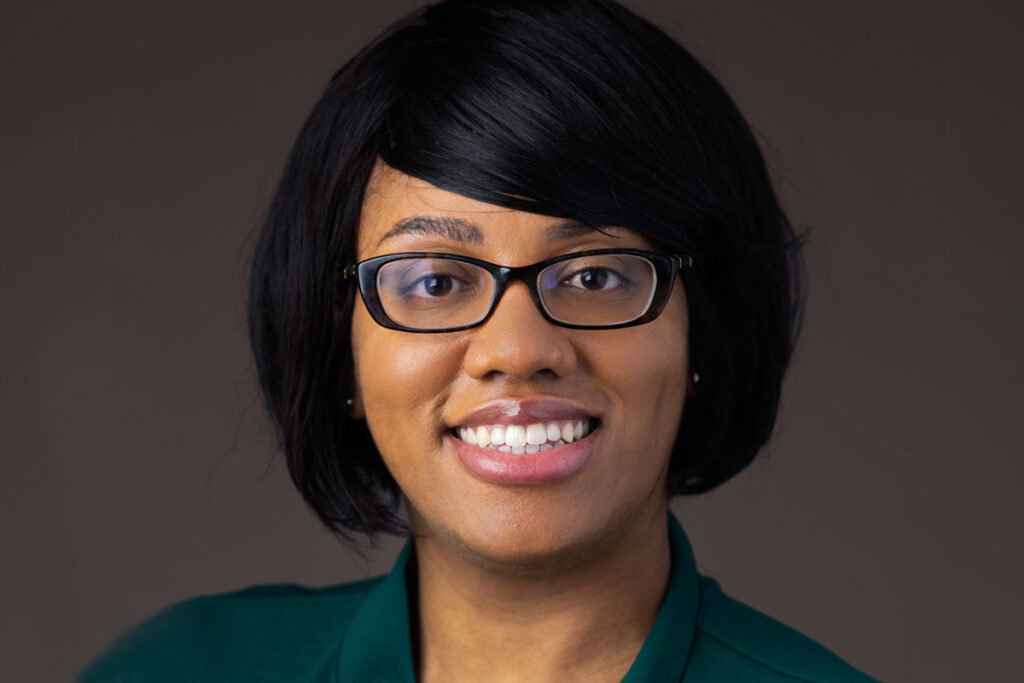Melanie Claxton has always been passionate about ensuring students have access to the tools and resources they need to thrive. As the Senior Program Officer of the Claude Worthington Benedum Foundation, Melanie oversees their grant programs in education, building on her prior experience working with dedicated K-12 and out-of-school time (OST) educators. She has supported local system and capacity-building initiatives to enhance the delivery of high-quality educational services, afterschool programs, and summer learning opportunities to youth. Melanie serves on the board of Pennsylvania School-Age Child Care Alliance (PENN SACCA), Contemporary Craft, and is a member of the Remake Learning network, currently serving on the Remake Learning Council.
To celebrate Remake Learning’s 15th anniversary, Melanie reflected on her journey with the network and shared some of her favorite memories.
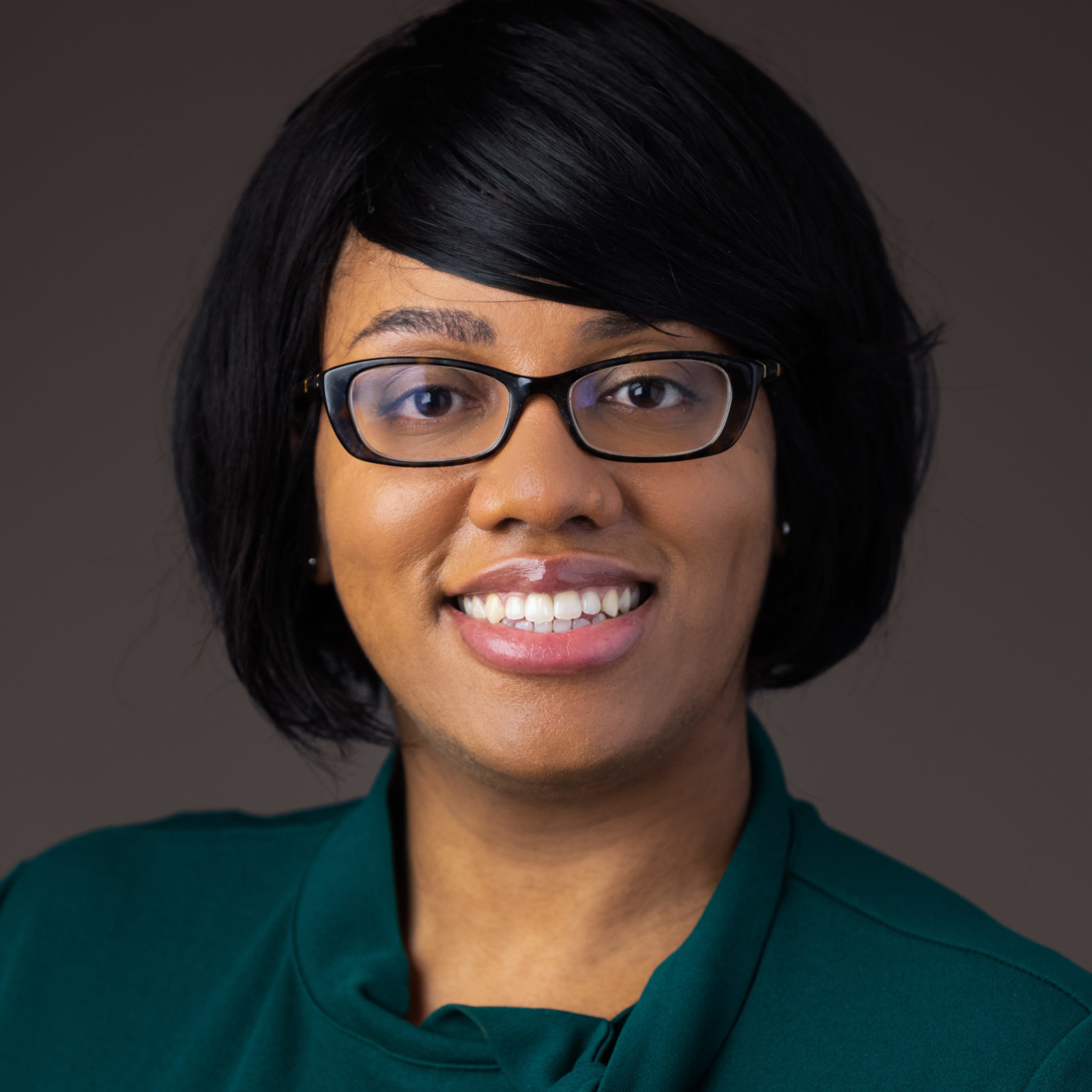
Sometimes things fall in place perfectly and you find yourself in the company of like-minded individuals with shared goals. That was my experience when I connected with the Remake Learning network. Their engaging, hands-on, equitable, youth-centered approach fits naturally with my vision for the future of education.
I was introduced to the network through Remake Learning Days when, shortly after its launch, I was asked to engage and encourage participation on Pittsburgh’s Northside. I worked with Northside organizations to promote a series of innovative and inclusive family-based events for the Remake Learning Northside Navigators Card. My involvement gave me a better understanding of the network’s role and how I could build stronger relationships to support my youth-oriented work. I would later become a Remake Ambassador, connecting my network of youth-serving agencies to the broader Remake Learning network and its many resources.
Currently, my dual roles as the Senior Program Officer for Education for the Benedum Foundation and Remake Learning Council member have provided a deep appreciation of Remake’s value as a catalyst for achieving strategic education priorities. Innovative funding models spearheaded by Remake Learning, like the Moonshot Grants, allow community-based organizations to dream big about the future of education and to actualize those dreams. These are the types of opportunities that the Benedum Foundation has leveraged across southwestern Pennsylvania and West Virginia to help meet our educational objectives.
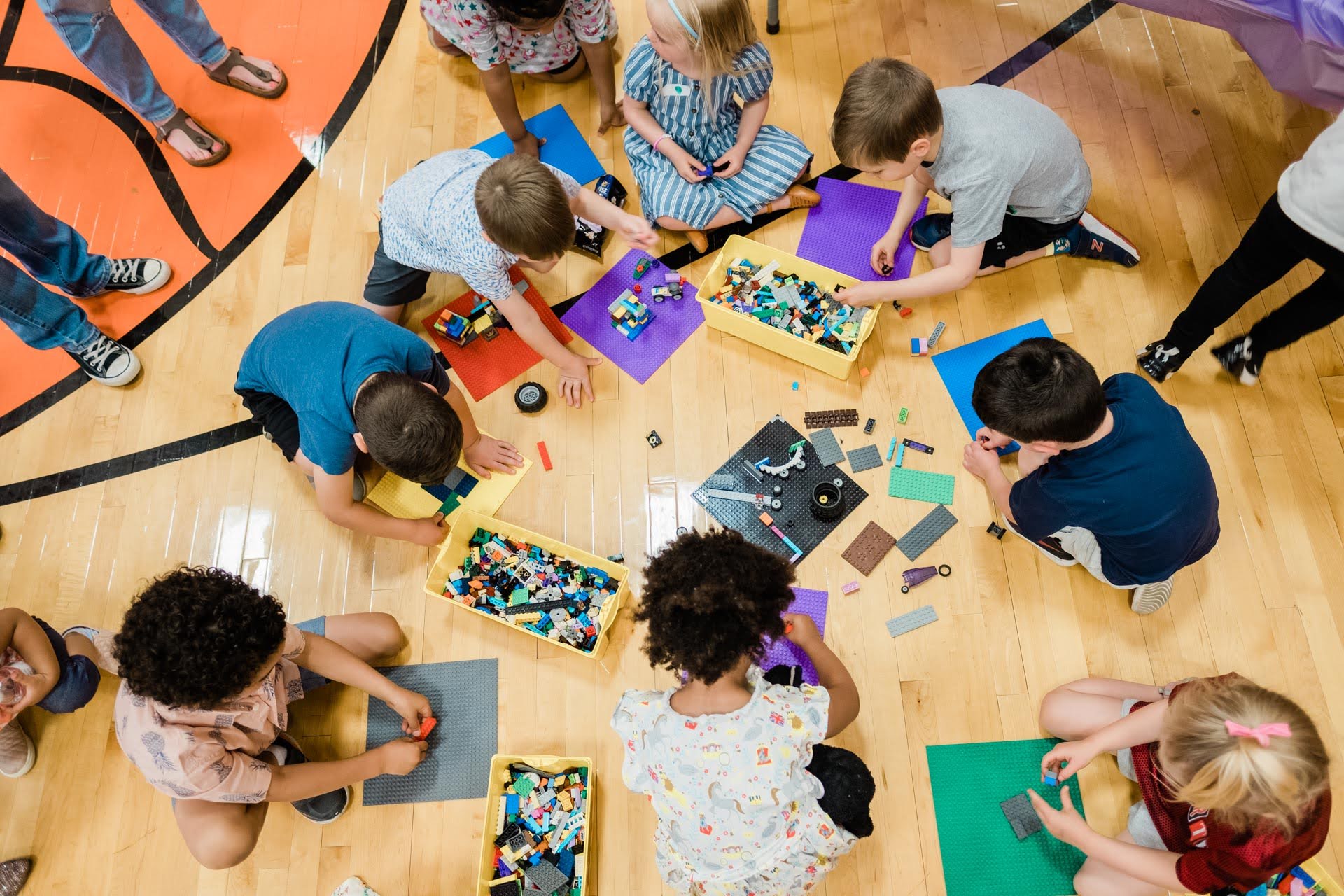
While I have many fond Remake Learning memories, my most notable is traveling to Finland in 2019 for the hundrED Innovation Summit. The summit, which brings together education innovators from across the globe, was a fantastic opportunity to reimagine education beyond the traditional American concepts and constructs. I met individuals from other nations who were developing innovative education technology and delivery systems. I also connected with peers from the Pittsburgh region engaged in creative work who were not part of my network. I joked that I had to travel across the world to meet individuals doing great work in my backyard. Many of these relationships may have never been formed were it not for Remake Learning.
The opportunity to travel abroad, see education through multiple lenses, and engage in thought-provoking sessions, were all facilitated through my connection to the network. I often reflect on the trip when I need a spark of creativity or find myself becoming too complacent with our current educational system. The hundrED Innovation Summit has even informed the way that I have begun to develop an educational strategy for my current funding portfolio. We are intentionally focusing on ways to:
- Center students with learning differences to create a more equitable learning environment for all students.
- Create stronger school-community partnerships in support of increased academic outcomes for students.
- Provide students with increased access to place-based and project-based learning opportunities.
- Expand our view on career readiness to be more inclusive of “future readiness.” This includes the development of civic-minded youth who understand that they exist in a larger global community.
Thanks to Remake Learning, my approach to education has been informed by the people, conversations, and innovations I experienced during my trip to Finland. The one overarching takeaway from that trip, however, is the importance of making learning fun, engaging, and culturally relevant. There should be a joy to learning that sparks a desire to continue down a path that provides continuous growth and improvement. These types of learning opportunities plant the seeds that will later turn into hopes, aspirations, and ultimately life actualizations. The Remake Learning community understands and promotes this approach.
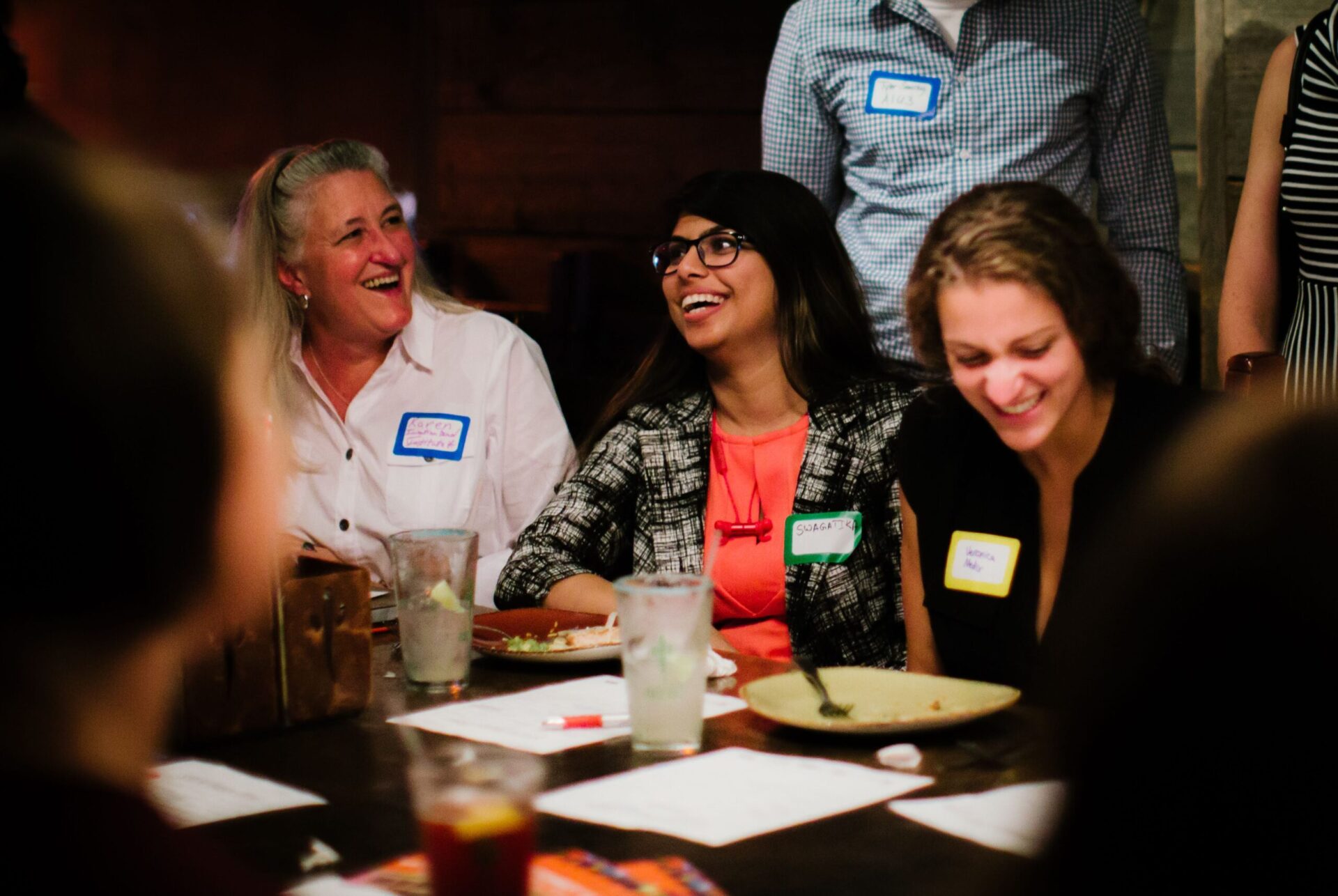
Over the past 15 years, I have witnessed many important innovations in education. Technology continues to reshape the educational environment, providing new ways to reach and engage students. But perhaps the singular most important advancement I have seen in the past decade and a half is the emergence of the Maker Movement.
As eloquently stated by Remake Learning: “Maker learning is about developing the curiosity to explore new ideas and the confidence to tackle difficult challenges, all while learning to use tools and materials to make (and re-make) the world around you.” In short, it’s learning by making things.
Through making, students engage in cross-disciplinary instruction that can marry the sciences with art. These learning spaces intentionally focus on collaboration, teamwork, and creativity, allowing even our youngest learners to develop solutions to community-based issues. This exposure helps create civic-minded individuals at a very young age.
Making has become pervasive in our region. Organizations like Assemble enable students to learn valuable skills while building a sense of self and respect for diversity. In addition, the Children’s Museum of Pittsburgh, with its Making Spaces Program in partnership with Maker Ed, provides the tools and resources needed for hubs across the nation to adopt Maker learning practices. Remake Learning, too, understands the importance of Maker learning through their Maker Learning Collaborative working group.
These examples of Maker learning are only the tip of the iceberg. They illustrate the rich learning experiences the Maker Movement provides for individuals across the region. Making is for learners of all ages, ethnicities, and experience levels. Making, if properly implemented, is inclusive while allowing individual expressive freedom. Making is a traditional art form that continues to evolve with the advancement in technology. I am excited to see what comes next.
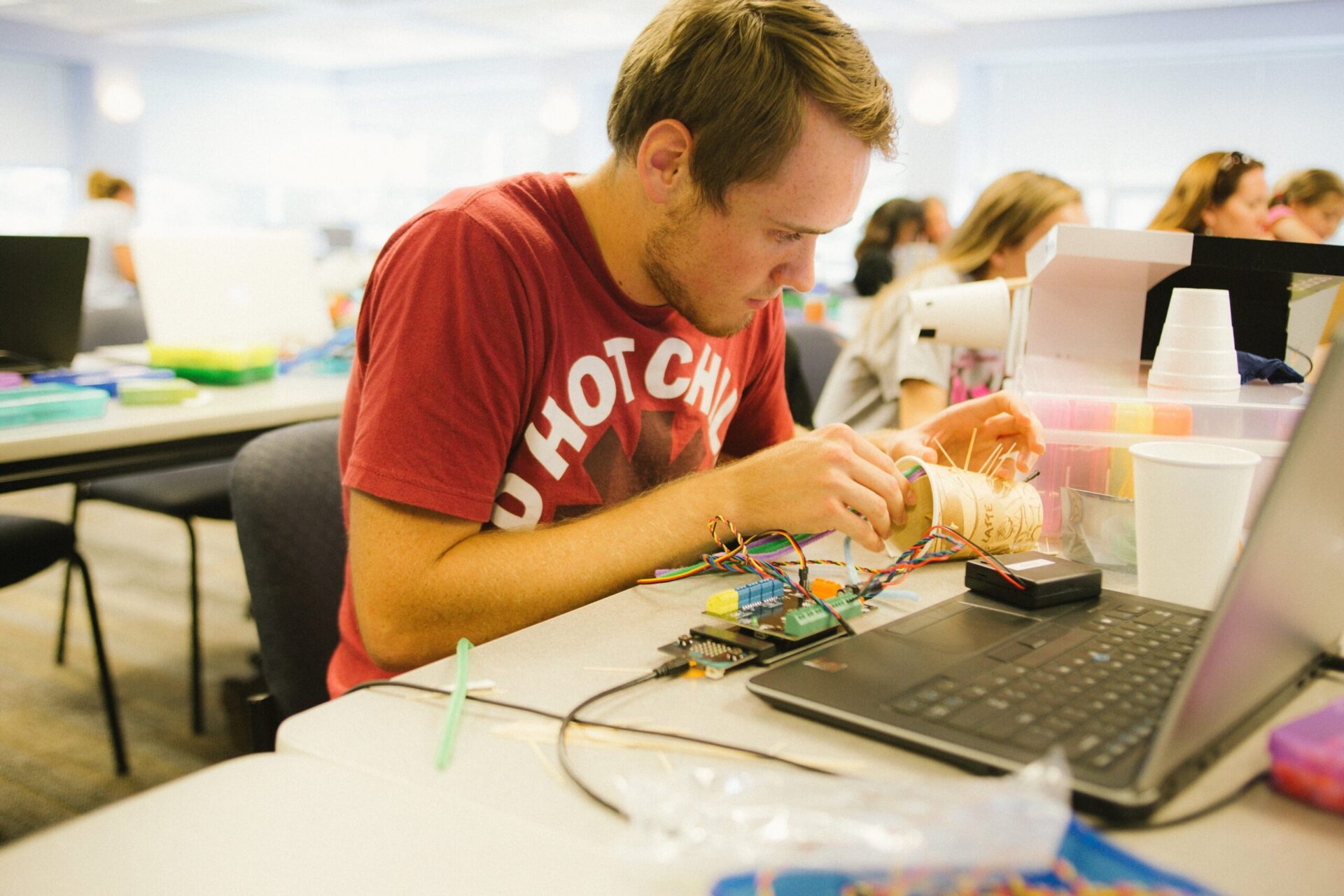
My excitement for the future also extends to the Remake Learning network and everyone working to make a better future for education. Together, our shared commitment will ensure the students of today have what they need to succeed tomorrow. Join me in congratulating Remake Learning on 15 years of innovation, dedication, and care.
